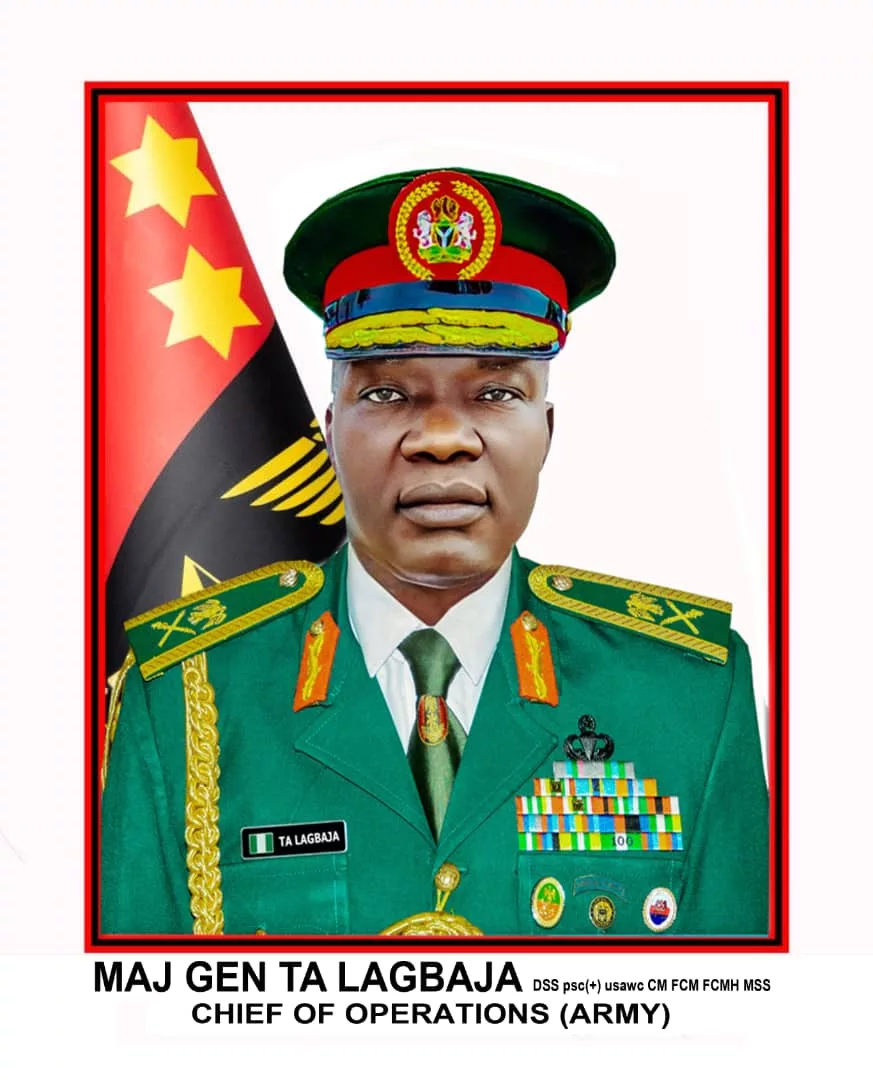After 54 years, General Yakubu Gowon made a shocking confession on live TV, admitting that he initiated the Nigerian-Biafran Civil War. This revelation challenges previous beliefs and highlights the complexities of the war’s narrative, including the crimes against women and children.
Gowon, who ruled Nigeria between 1966 and 1975, made the admission while addressing newsmen after visiting President Bola Tinubu at the State House in Abuja. He told President Tinubu not to be worried about the criticisms of Nigerians on his performance since he assumed office in May 2023.
“As a former leader of the country, I also faced the same situation when I started the Civil War in 1967, which many Nigerians thought would destroy the country, but my government succeeded,” Gowon said. He urged Nigerians to give President Tinubu more time to solve the socioeconomic problems in the country.
Gowon also recalled how he was criticized for being too slow in fighting the war. “At least, if I remembered, I was told that I was too slow, fighting the war and that probably Nigeria would not make it and that we should seek for discussion. Well, did we do it or not? They probably did not know the problem there on the ground there,” he said.
ChatNews TV recalls that the late Odumegwu Ojukwu has repeatedly asked Gowon to speak the truth about who started the war. Now, Nigerians have finally heard it from Gowon himself.
Last year, Gowon dismissed the Nigerian Civil War that claimed close to three million lives as “a little fracas.” Former President Muhammadu Buhari, who fought on the side of the Nigerian Army against the Biafran agitators, estimated the number of those killed during the Civil War to be over one million.
The Nigeria-Biafra war broke out in 1967 following the South-East’s secession from Nigeria. The war lasted over 30 months, ending in 1970. But agitation for secession still lingers in the South-East. An estimated three million people were reportedly killed during the war, many rounded up by Nigerian soldiers and shot at close range while hundreds of thousands were starved to death. Although the war was not properly documented, several accounts with substantial corroboration indicated how Nigerian soldiers massacred Igbo civilians in Asaba, Onitsha, and Enugu, amongst other communities in the region.




